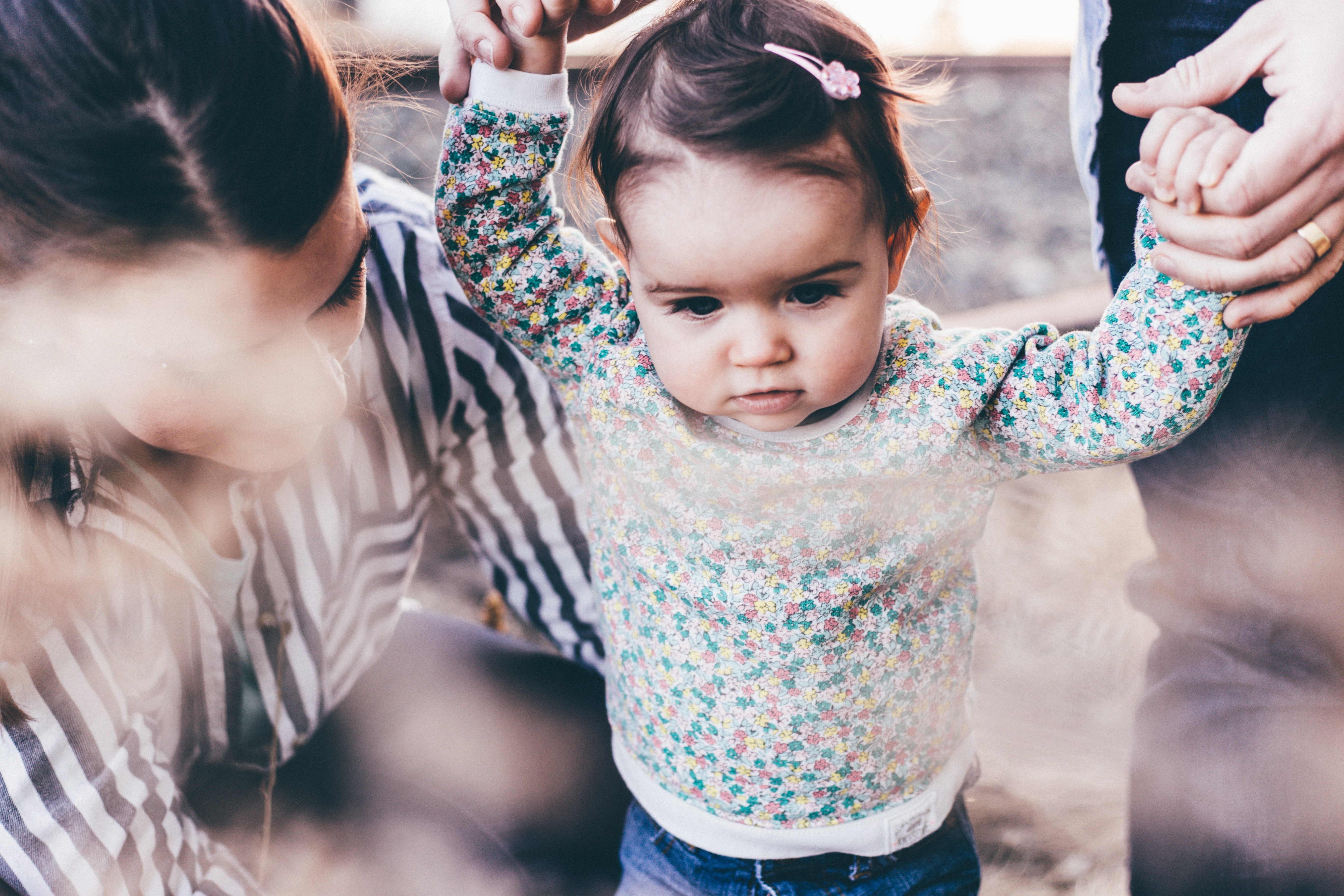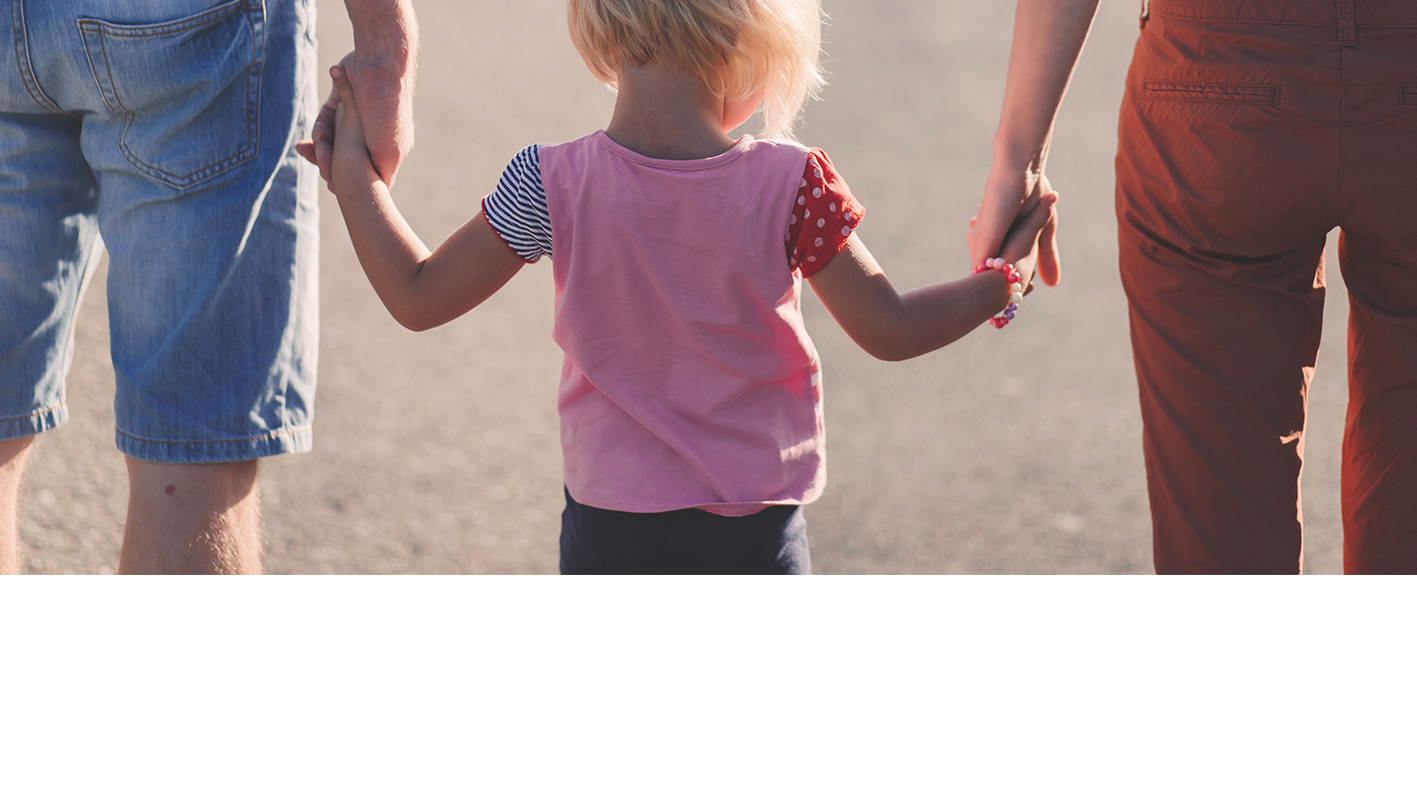This content is associated with The Open University's Psychology courses and qualifications.
The end of the twentieth century was marked by significant political and ideological changes in Europe. The fall of communism in the late 1980s, so vividly represented by the crumbling Berlin Wall, ushered the Eastern and Central European countries into an era of democracy and brought with it the capitalist values which started to replace the socialist principles of the previous regime. One of the consequences of this political move was the opportunity for migration – citizens from the former Eastern Bloc could now visit the Western countries and while working opportunities were limited for them, many found the way to migrate on a more permanent basis.
With the expansion of the European Union in 2004, eight Central and Eastern European countries joined the Union – the Czech Republic, Slovakia, Poland, Hungary, Estonia, Latvia, Lithuania and Slovenia. This brought in the opportunity for free movement and the right to work in any member state and resulted in a significant increase of migrants arriving to the UK. Most of them came in search of better paid employment but many also wanted to experience a culture which they perceived as more tolerant and diverse than their home countries. As is often the case, many ended up settling in the UK and becoming parents.
Growing up with communism
My study focuses on how mothers and fathers born and raised in the former Czechoslovakia (current Czech Republic and Slovakia) make sense of their roles as parents in the UK. My participants all grew up during communism which adopted socialist values of sharing resources equally for everyone but at the same time strictly controlled the lives of the citizens. In contrast, they are raising their own families in a society which is based on neoliberal principles, where individuals are expected to take responsibility not only to provide for their families but also to work on themselves to better themselves with minimum support from the state. In family situations this translates to the practices of intensive parenting, which essentially describes the competitive nature of parenting.
In order to ensure that their children thrive in their environment and to enhance their performance in relation to their peers, the parents strive to maximise their educational and social opportunities, often at great financial or personal cost. At the same time, the parenting practices and beliefs of my participants are influenced by the cultural values of the society they grew up in.

It is against this backdrop of different ideologies, migration experiences and cultural values attached to being a good parent that my research is taking place. The key points I explored with my participants in the semi-structured interviews considered the following:
- Experiences of migration and being a migrant parent in the UK, particularly reflecting on the impact of Brexit vote in 2016
- Reflections on gendered nature of parenting, particularly acknowledging the demands of intensive parenting and how these play into the re-shaping of gender roles within the family and reframing of contemporary masculinities and femininities
- Ideological tensions between socialist and neoliberal values underpinning parenting of Eastern European migrants in the UK
- Changing representations of parenthood and what constitutes the notion of ‘good father’ and ‘good mother’
- Use of symbolic cultural resources in everyday family life – these include language, food, music, dance, books, poetry and films.
I use thematic discursive analysis to explore the rich data my participants provided in the interviews. The aim is to better understand the changing social representations related to parenting and gender roles, but also how migrant parents can be supported to deal with the perceptions of otherness and marginalization.





Rate and Review
Rate this article
Review this article
Log into OpenLearn to leave reviews and join in the conversation.
Article reviews